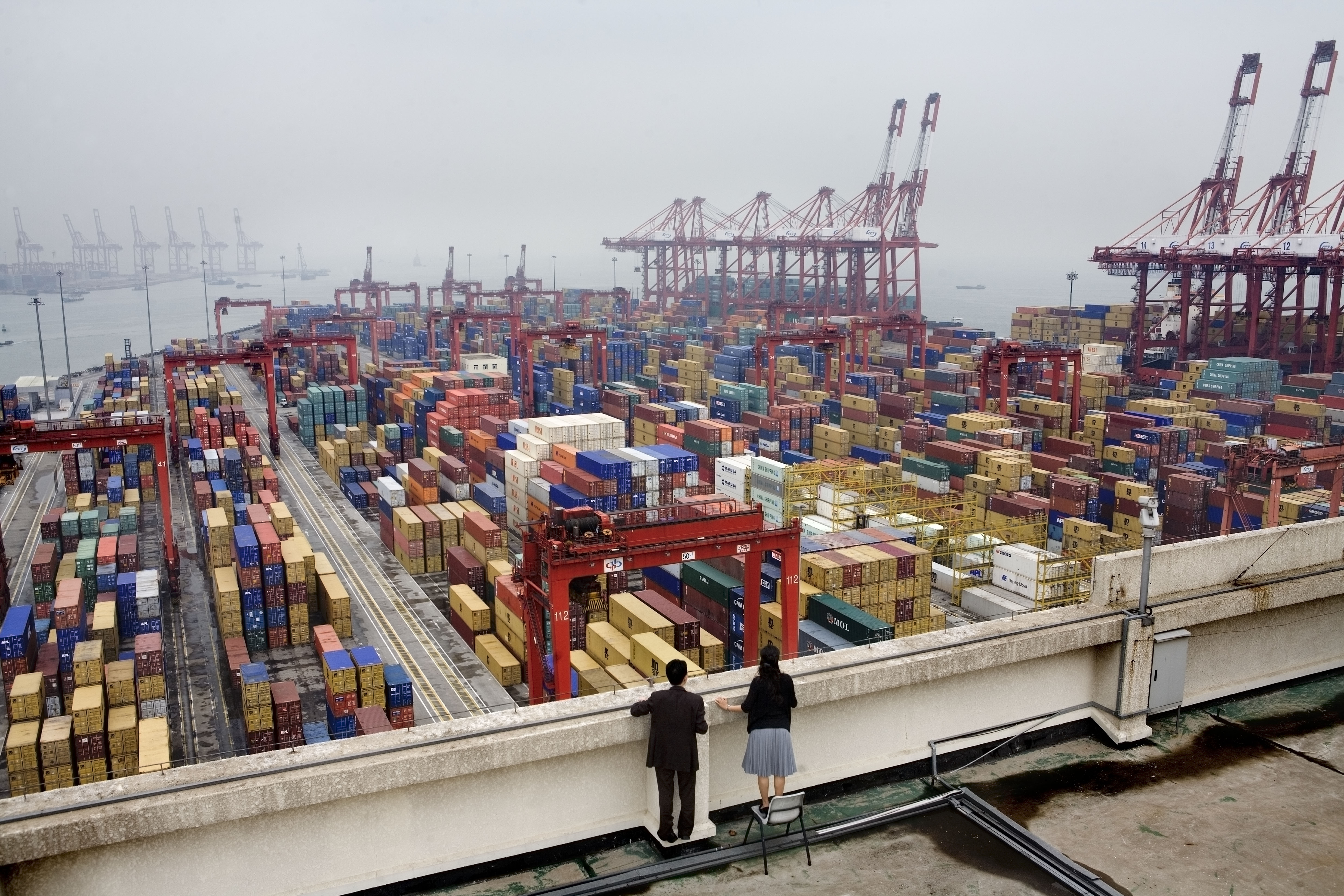22 February 2017 marked an important milestone in the history of global trade - the entry into force of the Trade Facilitation Agreement (TFA). Ambassadors from Rwanda, Chad, Jordan and Oman presented World Trade Organization Director-General Roberto Azevêdo with their countries' TFA instruments of acceptance, bringing the number of ratifications over the threshold needed for the deal to take legal effect.
The TFA is the first multilateral trade treaty adopted in Geneva in two decades and the first such agreement concluded under the auspices of the WTO. The WTO says that “it promises to help reduce trade costs for WTO members by nearly 15% on average, with the greatest gains concentrated in developing and least developed countries. It could boost global trade by up to US$1 trillion each year - an impact greater than the elimination of all existing tariffs worldwide.”
The idea behind the TFA is to remove barriers to trade and cut red tape, which significantly increase the costs of trade. According to WTO, “in developing and least developed countries, these costs are the equivalent of applying a 219% tariff on international trade.” To achieve these reductions, WTO members have committed to improve transparency and predictability of trading across borders and to create a less discriminatory business environment. For example, members will improve the availability of information about cross-border procedures, reduce fees and formalities connected with the import/export of goods, and ensure faster customs clearance.
The agreement also allows developing and least-developed countries to set their own timetables for implementing the TFA depending on their capacities to do so. A Trade Facilitation Agreement Facility (TFAF) was created at the request of developing and least-developed countries to help ensure they receive the assistance needed to reap the full benefits of the agreement.
In 2006, the photographer and filmmaker Michael Christopher Brown took this view of the Port of Shenzhen, one of the most important ports in terms of China's international trade. Member of the prestigious Magnum Photos agency, Brown is known for his work on the 2011 Libyan Civil War that led to the monograph Libyan Sugar: "a young man's personal journey going to war for the first time".
L'oeil de la Genève Internationale
February 2017
